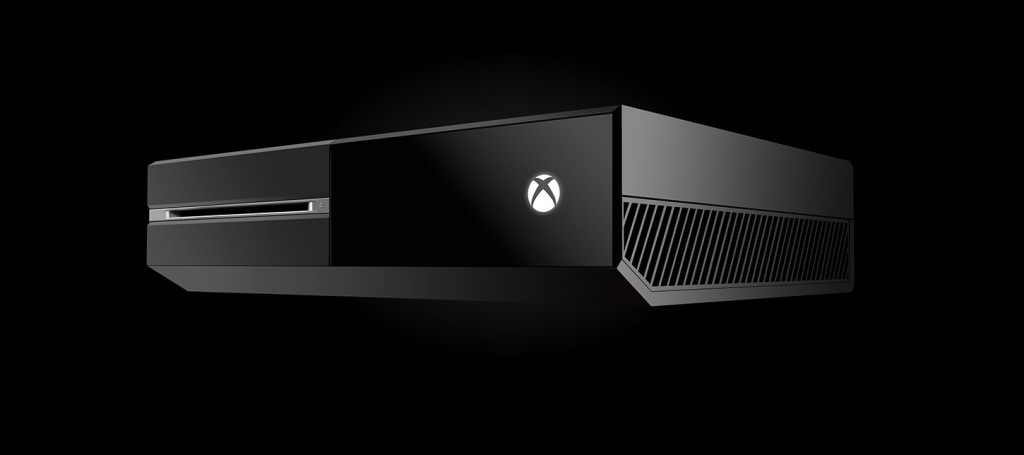
As far as set-top boxes go, a home video game console these days typically offers all of the streaming services one could want, plus access to video games like Halo 5: Guardians or Destiny. But Microsoft could be launching a new box in 2016.
According to information gathered by Petri IT Knowledgebase, and originally surfaced by Business Insider, Microsoft, the company that built the Xbox One console, is considering launching a smaller, cheaper Xbox at some point in the last half of 2016. This box would be significantly less-powerful than the original, much larger Xbox One, and would see a cheaper price tag attached to it as well.
With the changes made to the hardware inside the box, this new option would focus on only streaming options, like games and video services. Those games, however, would not be full-sized Xbox One titles, like the aforementioned Halo offering, but something smaller — like an Arcade title, or a game similar in scope as to what’s available right now in the tvOS App Store on the new Apple TV.
According to the report, that’s exactly what Microsoft is aiming to compete against: Apple’s new Apple TV. This new Xbox would be a streaming-only affair, something that is obviously a big market these days. The original Xbox One, which ships with a game included, can now be purchased for as low as $349 (without the Kinect accessory), so this smaller box would be priced below that.
It’s unknown if Microsoft will include Cortana support, with or without a Kinect, the digital personal assistant that’s similar to Apple’s Siri — which is available on the new Apple TV.
Microsoft has never been afraid to launch a smaller, cheaper Xbox unit when compared to the bigger, standard version. However, in the past, like with the Xbox 360 Arcade which offered only 256MB of storage, the console itself was still capable of playing Xbox 360 games — and wasn’t limited in the content it could run, just in the amount of memory available to the owner. This tactic, of stripping some of the power to run only some titles, and not full console-level games, would be a different tactic altogether, and one hard to ignore as straight competition to Apple’s new set-top box and its access to games.
What do you think of the idea?
[via Business Insider; Petri IT Knowledgebase]